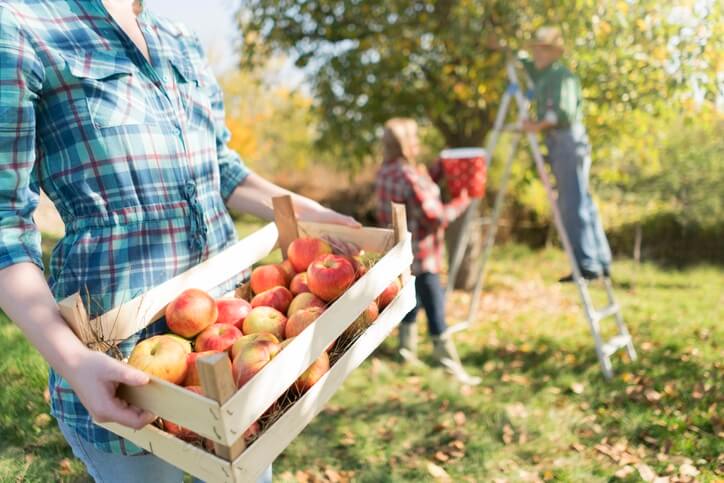 Most parties going through a divorce do not consider the option of keeping the farm business intact. Everyone’s brains (including the lawyers’) typically go to dividing the farm/ranch assets, along with its inventory. However, there is another option: keeping the business intact. This has several advantages, especially if this is a multi-generational farm family business.
Most parties going through a divorce do not consider the option of keeping the farm business intact. Everyone’s brains (including the lawyers’) typically go to dividing the farm/ranch assets, along with its inventory. However, there is another option: keeping the business intact. This has several advantages, especially if this is a multi-generational farm family business.
This requires careful planning and is not for everyone. If one or both people now distrust the other party, or if there is a high level of acrimony, the parties should reality test this situation to be sure that they can shift to a business relationship despite those emotions.
In this scenario, focus is not just on the Marital Settlement Agreement, but it is also on the business formation documents – e.g., business operating agreement (if a limited liability company), bylaws (if a corporation), or general partnership agreement. In fact, once the divorce is complete, some judges will call future disputes a “business dispute” versus a post-divorce enforcement dispute. The business relationship should be carefully memorialized.
Responsibilities and Equity
The responsibilities of each owner should be thoroughly noted. If one party has historically offered off-farm income and the other did not, then there needs to be a candid conversation on whether this will continue and how his/her equity will be offset due to this capital investment. Similarly, perhaps one party historically did the work while the other invested monies – the parties should ask themselves if they believe it is a fair trade for the equity promised. They, too, should memorialize what each party should be willing to do to help ensure the viability of the farm or ranch business. For example, if one spouse historically kept the books, will he/she continue to do so post-divorce, or will an independent bookkeeper be hired?
Furthermore, it is not uncommon at this stage for the divorcing parties to give minority ownership to the child. To illustrate, they might give each of their three children 2% ownership in the company and divide the remaining 94% ownership between themselves; after all, the point of them staying in business together was to pass the farm business and its assets to the children gradually throughout their lifetime.
Decision-Making
Decision-making is a key area, especially in post-divorce families that are still in business together. Will one party be the “manager” with the ability to make day-to-day decisions? What requires unanimous consent? What requires majority vote? This needs to be clearly spelled out or fights may ensue when one ex-spouse sells/buys a tractor or enters into a farm lease without notification or approval from the other party.
It cannot be stressed enough: fleshing out these details are paramount for divorcing parties. Without a proper roadmap, arguments will likely ensue, leading the family business to eventually dissolve or require a buy-out from one spouse or another.
Inventorying Business Assets
It is mission critical for the divorcing couple to memorialize what the farm/ranch business owns versus what is owned individually. When doing so, it will be interesting to note the differing perspectives on this issue. One might view a set of cows as his/her own or inherited property outside the family business. These are fights that should be had during the divorce negotiation process, not thereafter when the court documents have been signed and the two ex-spouses are running the business together. This is a necessary step requisite to continuing business together. After all, what does the business own?
Shape of Business Organization
Typically, the business organization itself will be discussed. For example, the parties may have run their farm business as a general partnership during the marriage; however, during this stage, they might wish to form a limited liability company. In fact, the divorcing couple may wish to form two LLCs – one for the land (holding company) and one for the farm entity (operating company) with a farm lease between the two entities. The ownership shares of both LLCs could be fed into a revocable trust for the benefit of the children upon death of either parent.
Careful thought during this process should be on federal farm programs. The farm business may benefit from a general partnership with the farm business itself, due to crop limitations. Nonetheless, this is a conversation that needs to be had alongside both divorce lawyers, the farm business/agriculture lawyer, and other members of the farm/ranch succession and estate planning team (e.g., accountant, financial advisor).

